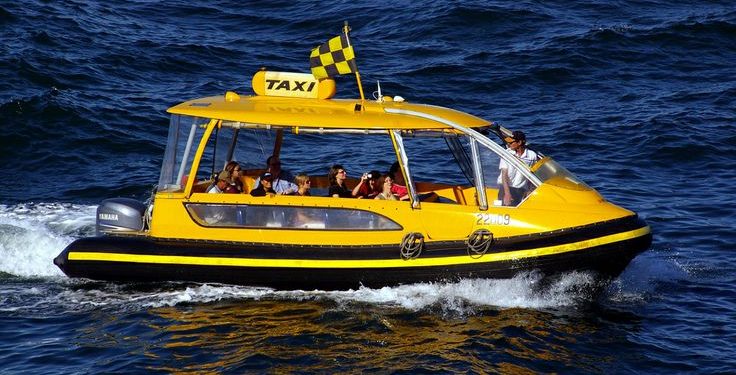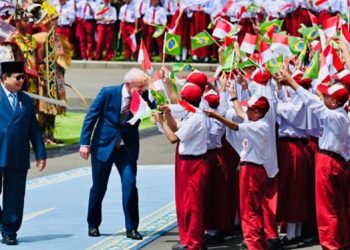Jakarta, Indonesia Sentinel — The Indonesian Ministry of Transportation (Kemenhub) is planning to introduce water taxi and seaplane services in key tourism hubs such as Bali and Labuan Bajo. The initiative was part of the government’s broader effort to enhance connectivity and support the country’s tourism sector.
The initiative was one of the main topics discussed in a recent meeting between Transportation Minister Dudy Purwagandhi and Tourism Minister Widiyanthi Putri Wardhana.
Recognizing the critical role of transportation in tourism development, Dudy emphasized the need for accessible and well-connected infrastructure to drive economic growth. The government sees tourism as a key driver of national economic expansion, with the potential to generate foreign exchange revenue, spur industrial growth, and create jobs.
Water Taxi and Seaplane Services
Regarding water taxi, the minister outlined plans to establish routes along Bali’s western coastline, connecting I Gusti Ngurah Rai Airport (Pantai Sekeh) with major beach destinations such as Kuta, Legian, Seminyak, Canggu, and Uluwatu.
“The introduction of water taxi will significantly cut travel time from the airport to popular tourist destinations, improve mobility, ease traffic congestion on land, and provide an alternative mode of transportation for both locals and visitors,” Dudy said, as reported by Teropong Media on Monday, February 3, 2025.
Read Also:
In addition to water taxis, the ministers also discussed the potential deployment of seaplanes in select high-end tourism areas, particularly those aligned with the Ministry of Tourism’s luxury tourism strategy. Proposed locations for seaplane operations include Bali, Labuan Bajo, and Sumba.
During the meeting, Tourism Minister Widiyanthi also urged the Ministry of Transportation to enhance air connectivity to priority and top-tier destinations while supporting the development of Indonesia’s marine tourism sector.
The planned introduction of water taxi and seaplane reflects the Indonesian government’s commitment to strengthening tourism infrastructure and accessibility.
By enhancing connectivity to key destinations, the initiative aims to support sustainable tourism growth, boost local economies, and provide travelers with more efficient and diverse transportation options.
(Raidi/Agung)
























